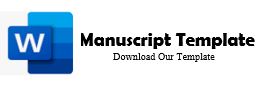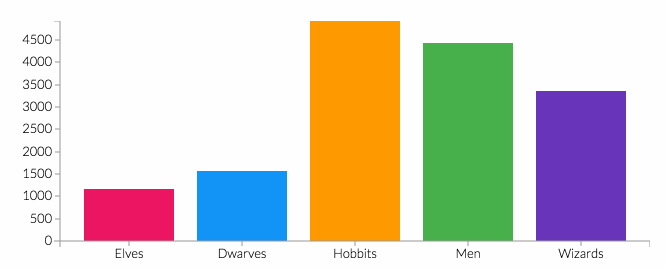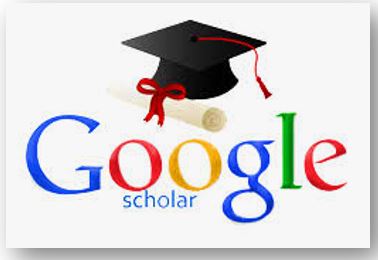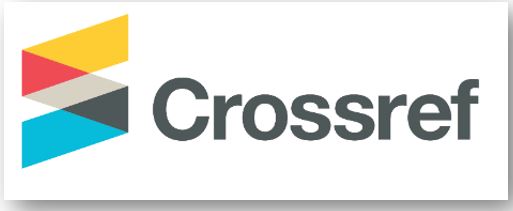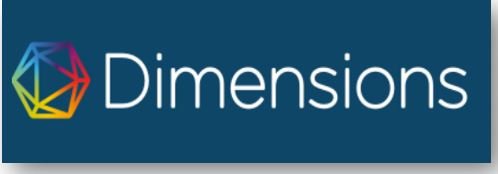Etika Pendidikan dalam Perspektif Imam Ghazali
DOI:
https://doi.org/10.61231/jie.v2i1.263Keywords:
Learning Ethics, Minhajul Muta'allimin, Imam GhazaliAbstract
According to Imam Ghazali, knowledge is to a person's heart like food and drink are to a person's body. We can imagine that if someone does not eat and does not drink, the same goes for someone's heart without knowledge. We can imagine if humans did not eat or drink. The aim of this research is to describe ethics in learning in the study of the book Minhajul Muta'allimin by Imam Ghazali. Library research method with the main source being the book Minhajul Muta'allimin and other sources either from journals or other sources. The research results show that the success and benefits of the knowledge gained by students is when a student is able to understand his duties and obligations in studying. A student must intend to seek knowledge and always hope for the blessing of Allah SWT.
References
Abu Hamid Muhammad. (2022). Minhajul Muta’allim. Darur Rohmah.
Astuti, A. P. (2022). Hubungan Pembelajaran Akidah Akhlak Dan Pembentukan Karakter Siswa Di MIS Ath-Thohiriyah Batanghari. SKULA: Jurnal Pendidikan Profesi Guru Madrasah, 2(2), 211–218.
Bakah, W. R. (2020). Etika Murid Kepada Guru Dalam Surah Al-Kahfi Ayat 65 -70 Dan Implementasinya Pada Pendidikan Modern. Jurnal Ilmiah Mahasiswa Raushan Fikr, 9(1), 93–108. https://doi.org/10.24090/jimrf.v9i1.4136
Fathonah, A. Z., Iwandi, I., Wahyudi, H., Rizki, A. F., Hidayat, H., Kurniawan, H., & Wahyuni, C. (2020). Mengagungkan Ilmu Dan Ahli Ilmu Dalam Perspektif Imam Az-Zarnuji (Tela’ah Kitab Ta’limul Muta’allim). Al-Fikra: Jurnal Ilmiah Keislaman, 19(2), 267–272.
Gunawan, G., Jumhana, N., Hidayatullah, R., & Hasbullah, H. (2020). Etika Menuntut Ilmu (studi Komparasi Pemikiran Al-Ghazali Dan Zarnuji). Geneologi PAI: Jurnal Pendidikan Agama Islam, 7(1), 63–75.
Hidayat, R., & Rifa’i, M. (2018). Etika Manajemen Perspektif Islam. Lembaga Peduli pengembangan Pendidikan Indonesia LPPPI).
Khadijah, I. (2021). Bulletin of Science Education. Bulletin of Science Education, 1(1), 60–67.
Laeli, I. N. (2022). Aplikasi, Dampak dan Universalitas Sikap Tawadhu’. Islamadina: Jurnal Pemikiran Islam, 23(1), 33–46.
Lybaws, L., Renyoet, B. S., & Sanubari, T. P. E. (2022). Analisis Hubungan Food Coping Strategies terhadap Ketahanan Pangan Rumah Tangga Miskin di Kota Salatiga. Amerta Nutrition, 6(1), 32. https://doi.org/10.20473/amnt.v6i1.2022.32-43
Maya, R. (2017). Karakter (Adab) Guru dan Murid Perspektif Ibn Jama’ah Al-Syafi’i. Edukasi Islami: Jurnal Pendidikan Islam, 6(02), 33.
Mubarok, M. F. (2020). Ilmu Dalam Perspektif Imam Al-Ghazali. Kontemplasi: Jurnal Ilmu-Ilmu Ushuluddin, 8(1), 22–38.
Muhyiddin, D. S., Suhada, D., Yamin, M., Arifin, B. S., & Hasanah, A. (2022). The Relevance of The Character Education Development Model in Islamic Boarding Schools. Nazhruna: Jurnal Pendidikan Islam, 5(3), 1129–1145. https://doi.org/10.31538/nzh.v5i3.2479
Munir, M. M. (2019). Sikap Tawadhu’Siswa SMP terhadap Guru Pada Pondok Pesantren Tanwirul Afkar Dusun Wadang Tempel Kecamatan Krian Kabupaten Sidoarjo. Spiritualita, 3(2), 217–238.
Nila, F. R., & Amelia, K. R. (2013). Nilai-Nilai Pendidikan Islam Dalam Kisah Nabi Musa As (Kajian Tafsir Al-Misbah Karya Quraish Shihab Surat Al-a’Raf Ayat 103-137). Jurnal Pendidikan Islam, 2(2), 89. http://www.nber.org/papers/w16019
Rambe, L. (2021). Etika Murid dan Guru Menurut Imam Al-Ghazali Dalam Kitab Ihya-Ulumuddin. Hijaz: Jurnal Ilmu-Ilmu Keislaman, 1(1), 26–33. https://doi.org/10.57251/hij.v1i1.76
Sabariah, H., Ridha, Z., Ritonga, L. A., & Nurhayati, N. (2021). Etika Pembelajaran Menurut Imam Al Ghazali Relevansinya Peserta Didik MAN 1 Langkat. Ta’dib, 11(1), 35–40.
Sari, M., & Marhaban, M. (2023). The Self Purification Through Dhikr in the Perspective of Imam Al-Ghazali. Tasfiyah: Jurnal Pemikiran Islam, 7(2), 339–359.
Taja, N., Nurdin, E. S., Kosasih, A., & Suresman, E. (2022). Prophetic Character Education Based on Al-Ghazali’s Akhlaqi Sufism . Proceedings of the International Conference of Learning on Advance Education (ICOLAE 2021), 662(Icolae 2021), 903–911. https://doi.org/10.2991/assehr.k.220503.097
Ulum, Miftachul, A. M. (2023). Leadership and Performance of Teachers and Employees of SMK Sunan Drajat Lamongan. Multidisciplinary Journal of Education , Economic and Culture, 1(1), 1–12.
Ulum, M. (2018a). Eksistensi Pendidikan Pesantren: Kritik Terhadap Kapitalisasi Pendidikan. Ta’lim: Jurnal Studi Pendidikan Islam, 1(2), 240–257.
Ulum, M. (2018b). Konsep Pemasaran Lembaga Pendidikan Dalam Pandangan Syariah. Madinah: Jurnal Studi Islam, 5(1), 30–42.
Ulum, M., Mun’im, A., Juliyani, E., & Sari, P. (2021). Evaluasi Pembelajaran UjianAkhir Semester Mata Pelajaran Bisnis Online Kelas XII SMK Sunan Drajat Lamongan. Evaluasi: Jurnal Manajemen Pendidikan Islam, 5(1), 1–18.
Zuliansyah, M. A. (2017). Sowan Kyai, Komunikasi Perspektif Islam-Jawa. Komunikator, 9(2), 95–104.
Downloads
Published
Issue
Section
License
Copyright (c) 2024 Miftachul Ulum, Abdul Mun'im

This work is licensed under a Creative Commons Attribution 4.0 International License.
You are free to:
- Share — copy and redistribute the material in any medium or format for any purpose, even commercially.
- Adapt — remix, transform, and build upon the material for any purpose, even commercially.
- The licensor cannot revoke these freedoms as long as you follow the license terms.
Under the following terms:
- Attribution — You must give appropriate credit , provide a link to the license, and indicate if changes were made . You may do so in any reasonable manner, but not in any way that suggests the licensor endorses you or your use.
- No additional restrictions — You may not apply legal terms or technological measures that legally restrict others from doing anything the license permits.
Notices:
You do not have to comply with the license for elements of the material in the public domain or where your use is permitted by an applicable exception or limitation .
No warranties are given. The license may not give you all of the permissions necessary for your intended use. For example, other rights such as publicity, privacy, or moral rights may limit how you use the material.


